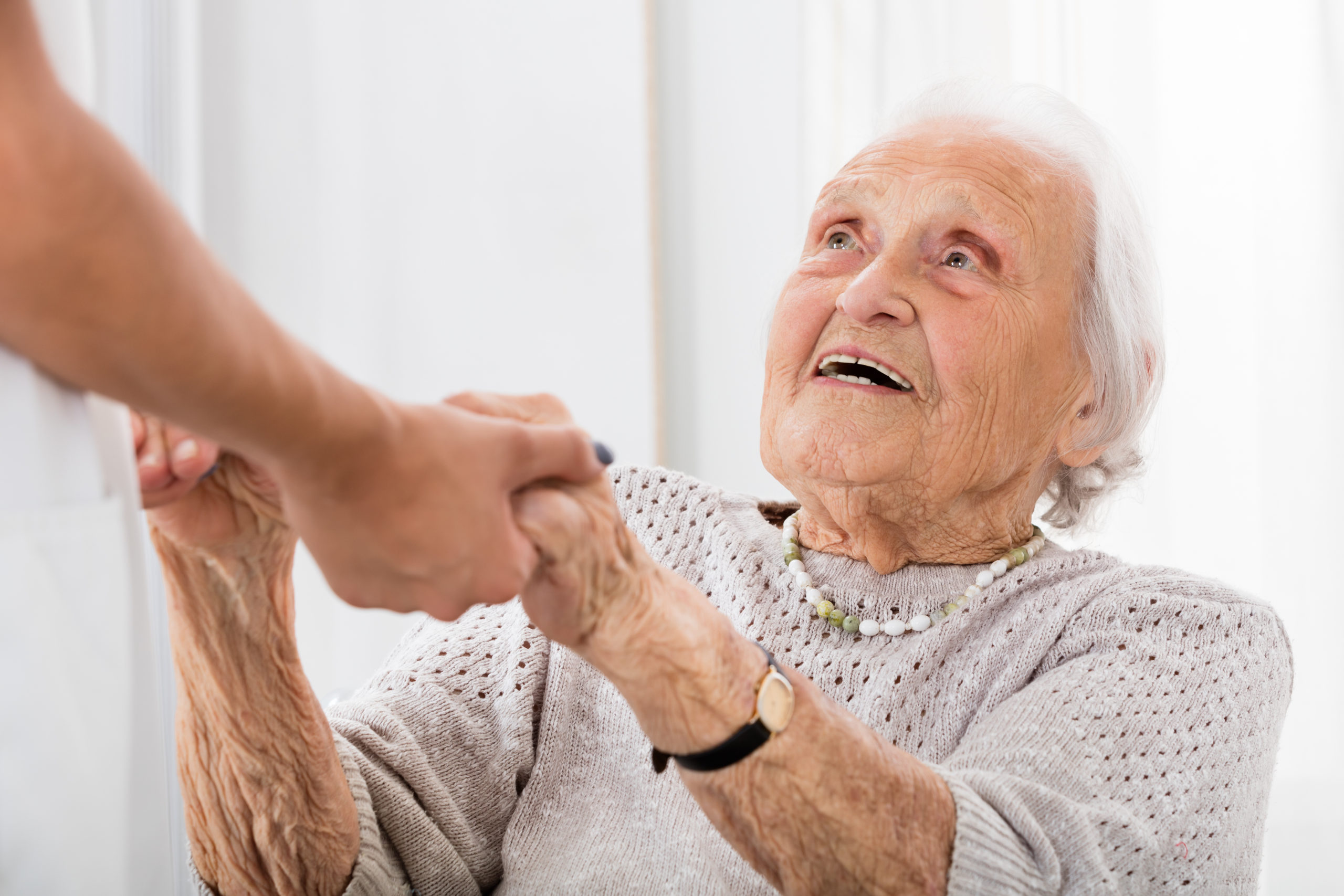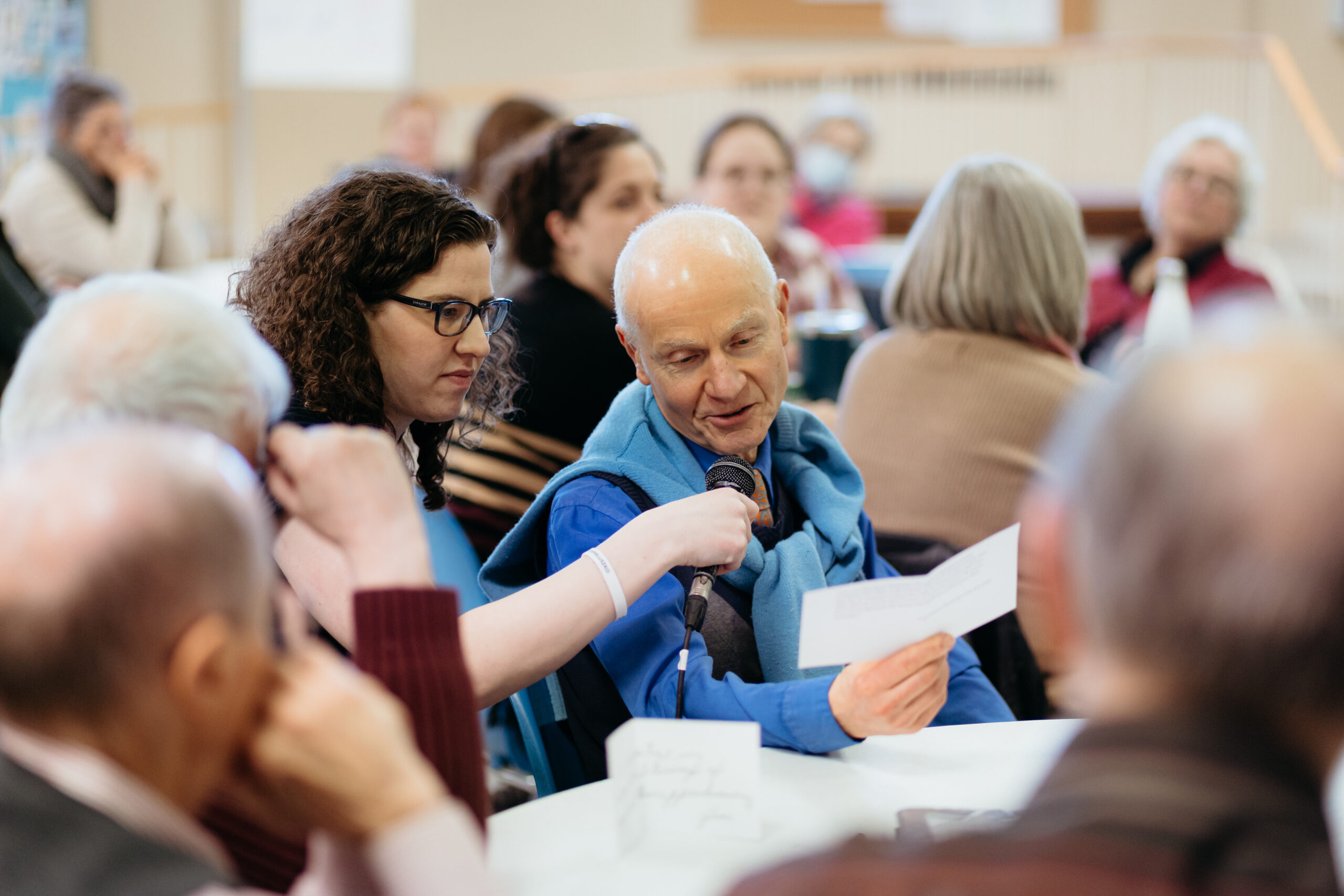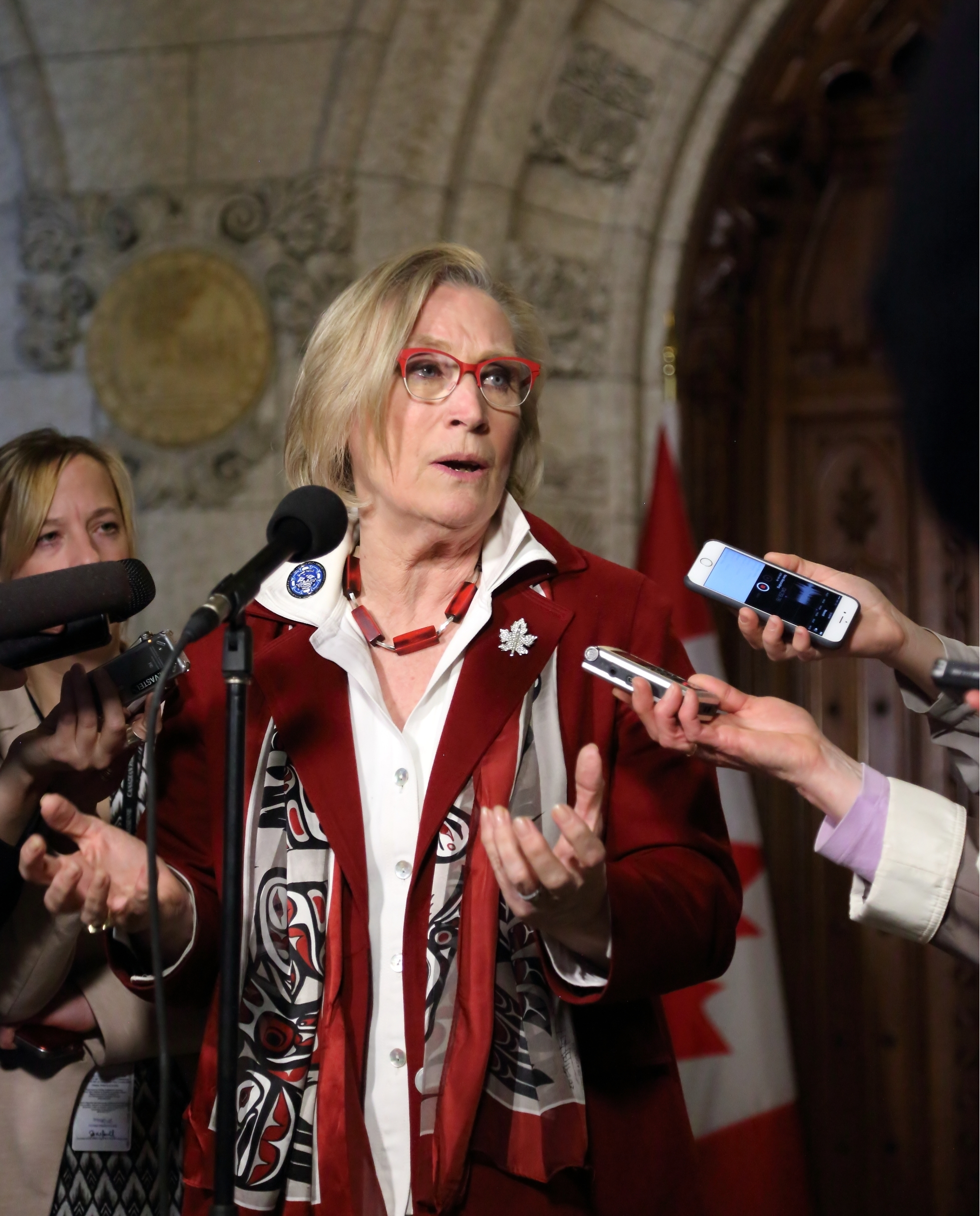
Monday was World Elder Abuse Day, but Canadians have been witnessing cases of elder abuse ever since COVID-19 kept families away from their senior members. The pandemic has pulled back the curtain on deficiencies in long-term care (LTC) homes. It has also underlined the dire impacts of social isolation and loneliness.
The COVID-19 Stress Test
In case you need a review, Professor Maya J. Goldenberg offers a compact analysis of how the “COVID-19 stress test” brought down the LTC house of cards. From the birth of our present-day healthcare system, eldercare was not factored-in to its design.
“Medicare was established in 1957, a time when most elder Canadians were cared for by relatives in the family home, and rarely lived long enough to need the high levels of complex care that would require institutionalization.”
Cost-cutting, one of the ongoing challenges of nationalized healthcare, penetrated the silent, aging population most deeply.
Isolation and Elder Abuse
If the pandemic was not the cause of the LTC crisis, it was the garage-door opener. But the restrictions forced on LTCs by disconnected decision-makers brought on a second pandemic of isolation. Winnipeg police have connected the dots between social isolation and elder abuse.
“Older adults affected by abuse often know and care about the person mistreating them, and may feel ashamed or embarrassed to tell anyone they are being abused by someone they trust.”
A surge of articles has drawn a triangle between the pandemic, the LTC crisis, and social isolation. Mercatornet’s Michael Cooke pulled many of them together.
A study on the COVID-19 death rate in nursing homes and assisted living facilities found:
“A good guess would be that about 40% of all coronavirus deaths have been in elder care facilities. What does that say about the way we treat the elderly? It has become obvious that it was not just a matter of the frailty of people in the homes.”
It’s no surprise, then, that new research is “revealing how the feeling of loneliness can have far-reaching consequences for people’s psychological and physical well-being, and even their life expectancy.”
We know that from babies to the elderly, interpersonal relationships are critical for survival.
Up Close and Personal
A former Canadian ambassador wrote passionately about her mother’s experience in LTC: “…mom’s mental and physical health have declined, precipitously, and this is unquestionably attributable primarily to the absurd and needlessly cruel way in which long-term care has been managed.”
The irony is that measures thought to keep people alive led this mother to conclude,
“This is not a life worth living.”
Families Care
If LTC residents are silent, their loved ones are rising up. Families are dispelling the myth that the elderly are shipped off to nursing homes because they’re unwanted. They know the vital role they play in the care and well-being of their senior members.
Dr. Nathan Stall, a geriatric specialist, said that family caregivers are essential care partners and their presence reduces mortality. “Many of them provide direct care to their loved ones who are in a retirement or nursing home, and would be just as capable learning infection prevention and control measures or learning how to properly don and doff PPE.”
Startlingly, 82 percent of COVID-19-related deaths in Canada have occurred in LTCs. Surely allowing families to visit would not have made a “uniquely bad” situation worse. As well, their presence would have given comfort to the countless who died alone. It is not surprising that Quebec has announced a vast public inquiry on COVID-19 deaths in its LTC homes. And Ontario has also pledged to hold an independent commission to study its own system.
Let’s hope that, finally, lessons will be learned and reforms put in place. And elder abuse can become a tragic chapter in Canada’s past rather than a horrific reality of its present.
You Might Also Like
Follow US:




